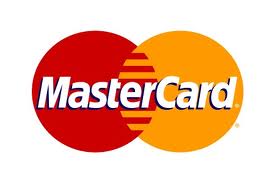Best Definition of Branding.
Were I to guess, I’d say 90% of people who use the word “branding” misuse it. Designers use it to define packaging. Art directors to describe “look and feel.” For P&G brand managers it’s a reference to budget size. Direct marketers think it means synergy with general advertising. Copywriters don’t really know what it means. The digiterati try not to use it. And agency principals think it is whatever makes the bank deposits flow.
Noah Brier while a head strategist at the Barbarian Group once asked me “There are lots of definitions of brand plan, what is yours?” That’s a question every marketer who hires an agency should ask. There would be a lot of Rick Perry answers, me thinks.
Branding is an organizing principle. Locked onto the right organizing principle one can build a brand with ease and sharp measurement. Brand strategy as an organizing principle can guides all the other strategies you will hear during the course of the marketing day: the product strategy, sales strategy, retail strategy, channel strategy, pricing strategy, media strategy, messaging strategy. I could go on.
The organizing principle defines how a product is built, cared for, presented and nurtured. It’s one simple piece of paper that organizes the others. It organizes leadership, employees and the hard to manage consumer.
I always wanted to create an ad agency named Foster, Bias and Sales. It’s where the rubber meets the road in marketing. But without an organizing principle to guide these steps to a sale, you are simply a tactics jockey.




